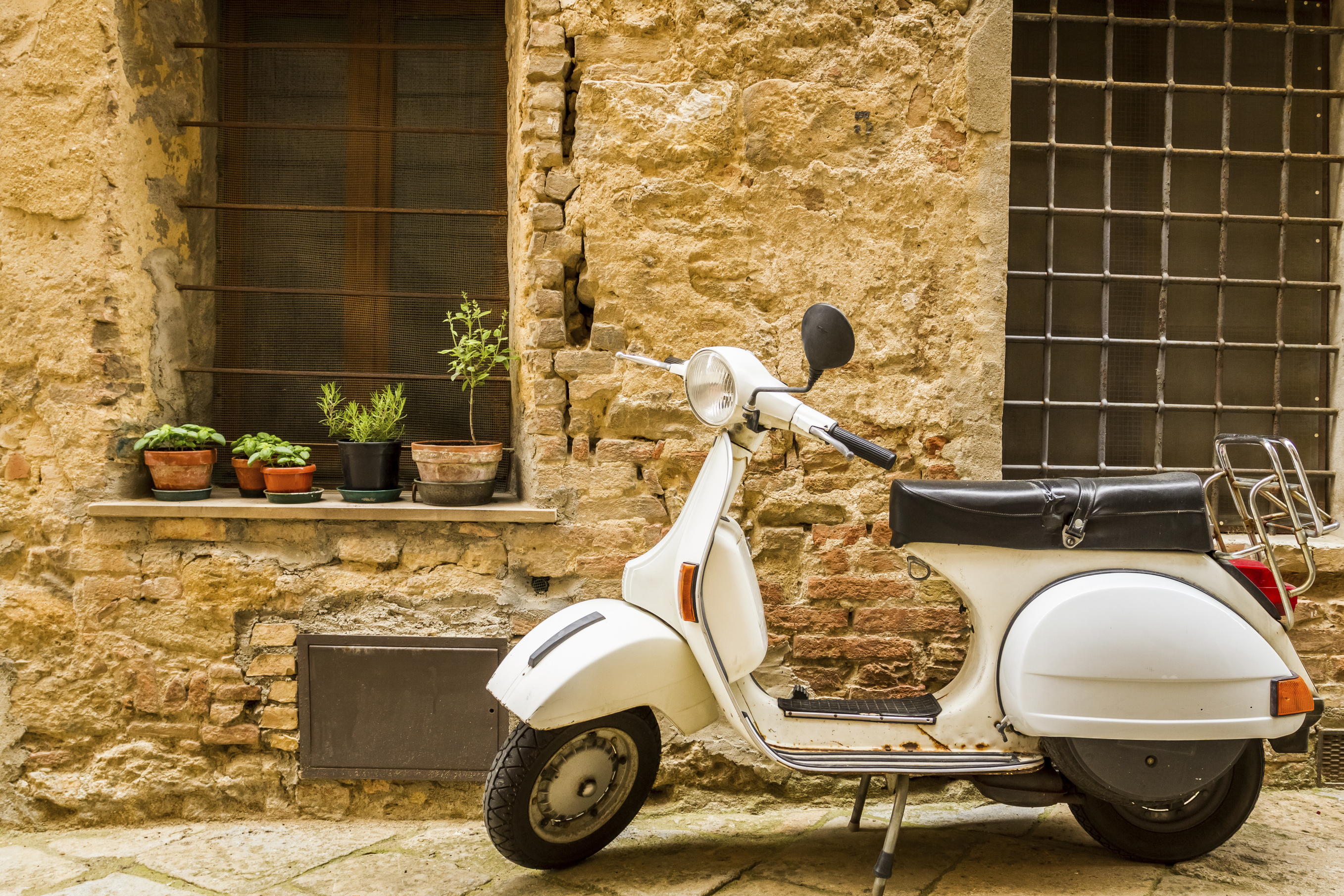Italy is a beautiful country to visit year-round. The sights, sounds, smells, and flavours of the country underpin Italy’s rich history and classical traditions. Having an Italian background, I have frequented the country as a tourist a number of times, both before and after I was diagnosed with a severe food allergy to tree nuts in 2004. In this post, I will list-out some tips (drawn from my past experiences) that you can use when planning your next trip to Italy. By no means is this list definitive – its intended use is more as a quick reference during the initial planning stages of your trip.
Things to do before you go
- Brace yourself for the language barrier
When travelling to any foreign country where you are not fluent in the native tongue, try to seek-out ways to overcome some of the language-barrier obstacles that you may encounter. Purchase an Italian-English dictionary (assuming you are travelling to Italy) and make a short list of key words and phrases that may be helpful to you. I suggest writing-out the Italian translation for all of your allergens. Here is a translated list of a few common allergens:
- Peanuts = Arachide
- Nut = Noce
- Milk = Latte
- Egg = Uovo
- Wheat = Grano
*Note the pronunciation and spelling of these words may vary depending on the region of Italy that you are travelling to. Most people speak standard Italian, but there are a number of dialects in the language that vary with the geography of the country.

- Find a hotel equipped with an in-room kitchen that is located near a grocery store
Most hotels in Italy, outside of the major cities, are usually smaller, more intimate inns that are family-owned. When booking your accommodations, try looking for rooms with kitchen facilities or hotels that will allow you to use their kitchen temporarily to prepare your own meals. As intoxicating as fresh Italian food can be, you need to take precautions and cook your own meals. The severity of food allergies are not as well understood in Italy as they are in the United States or Canada. This, coupled with the language barrier, may make it difficult to eat-out safely. To play it safe, find accommodations near a grocery store and cook your own food.
- Bring-along some cooking equipment (just in case)
Although there are plenty of hotels that have in-room kitchens, some are reluctant to lend out cooking-equipment. This is more of a rare case, but I have encountered it a couple of times while travelling in Europe. To avoid this unpleasant surprise, be sure to ask about this when booking your room/accommodations. Additionally, I would recommend packing a small, lightweight grill that you can place on a stove-top, in your carry-on luggage.
Throughout the years, I have found these tips to be useful when planning any of my trips to Italy (and Europe, in general). Again, Italy is a beautiful country with a lot to explore. Don’t let food allergies ruin the experience! Plan appropriately and reap the rewards!
– Saverio M.
Tags: Italy, Saverio M., Travel